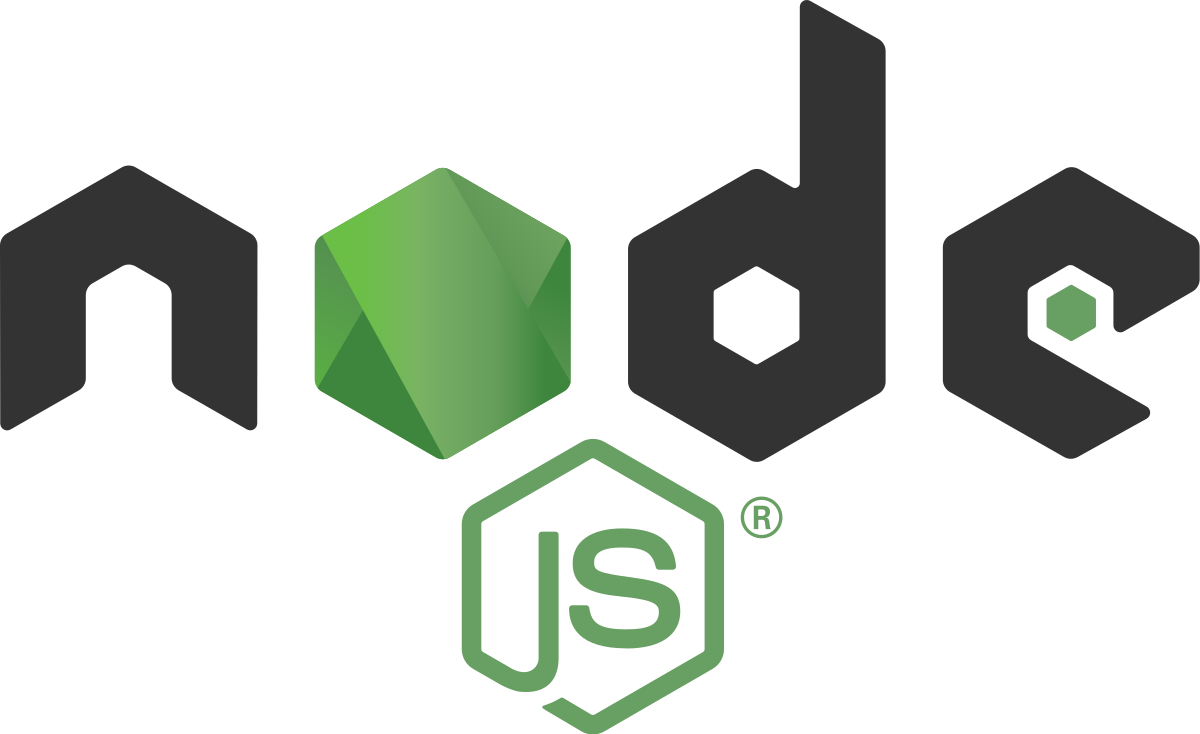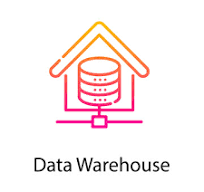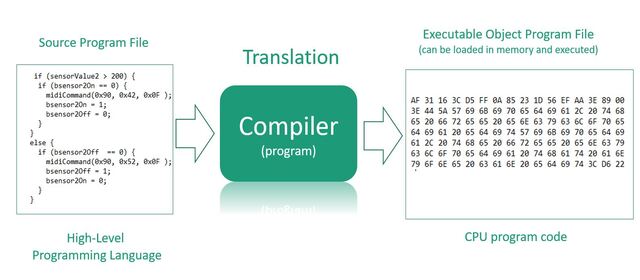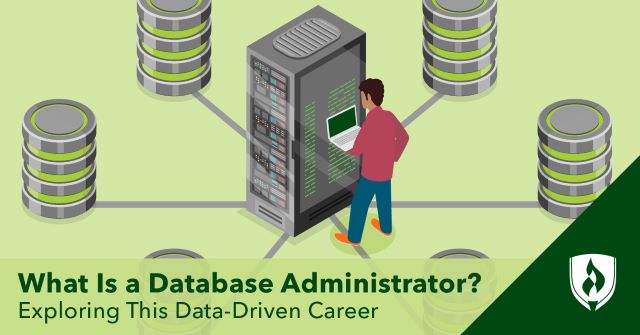
Ce cours vise à vous fournir une compréhension générale du « Règlement Général sur la Protection des Données (RGPD) » et à développer les compétences nécessaires pour interpréter ses exigences, le mettre en œuvre et assurer sa conformité. En outre, le cours explorera la corrélation entre le RGPD et d'autres cadres réglementaires et normes applicables, fournissant ainsi un contexte plus large pour la protection des données.
· Compréhension générale du RGPD : Vous serez en mesure de comprendre les concepts clés du RGPD et d'interpréter ses exigences, en mettant l'accent sur les droits des individus, les obligations des responsables de traitement et des sous-traitants, ainsi que les principes de protection des données
· Corrélation avec les autres cadres réglementaires et normes : Ce cours explorera les liens du RGPD avec d'autres cadres réglementaires et normes applicables, tels que le « Privacy Shield », les normes ISO relatives à la protection des données, et la loi nationale sur la protection des données.
· Acquisition des compétences Pratiques : Vous développerez les compétences nécessaires pour remplir les rôles et les tâches quotidiennes liés à la protection des données au sein d'un organisme, y compris la gestion des consentements, la réalisation d'évaluations d'impact sur la vie privée, et la mise en place de mesures de sécurité appropriées.
· Conseil et contrôle du respect du RGPD : Ce cours vous dotera de la capacité à informer, conseiller et contrôler le respect du RGPD au sein de leur organisation, ainsi qu'à coopérer efficacement avec l'autorité de contrôle compétente pour garantir une conformité continue.
- Teacher: Chouaieb Bouagga

This course will introduce the learner to applied machine learning, focusing more on the techniques and methods than on the statistics behind these methods. By the end of this course, students will be able to identify the difference between a supervised (classification/regression) and unsupervised (clustering) technique, identify which technique they need to apply for a particular dataset and need, engineer features to meet that need, and write python code to carry out an analysis.
- Teacher: Ikram Ben Ahmed
- Teacher: khouloud Chalbi

This course covers Node.js and Express for server-side development, MongoDB integration for database operations, and advanced Node.js techniques. Learn to build scalable, secure web applications with maintainable code, including essential security measures and automated testing.
- Teacher: Zied AOUIDENE
- Teacher: Houda Bechir

- Teacher: Zied AOUIDENE
- Teacher: Houda Bechir

DW concepts, design, and data integration:
- Teacher: rania yangui

The main goals of this module are to:
- Put software engineering knowledge into practice
- Create a specification
- Produce a design that is faithful to the specifications
- Respect the adopted life cycle using agile method
- Develop a web application
- Present, defend and sell the product.
- Teacher: Asma Mansour

This course will discuss the major ideas used today in the implementation of programming language compilers, including lexical analysis, parsing, syntax-directed translation, abstract syntax trees, program optimization, code generation, and runtime systems. As a result, you will learn how a program written in a high-level language designed for humans is systematically translated into a program written in low-level assembly more suited to machines.
- Teacher: Sonia Kotel

In the Database Administration module, you'll master the essentials of managing databases. Explore relational database concepts, design principles, and security measures. Learn hands-on skills in configuration, and optimization for efficient and secure data management
- Teacher: Nawel Bayar
- Teacher: Houda Bechir

This module is intended to provide in-depth the fundamental principles and processes of software testing. The goal of the course is to provide students with the skill to select and apply a testing strategy and testing techniques that are appropriate to a particular software system or component. In addition the student will become a capable user of test tools; will have actively created test cases and run them using an automated testing tool. You will being writing and recognizing good test cases, including input data and expected outcomes.
- Teacher: Sonia Kotel

This Business English course helps students develop speaking, listening, reading, and writing skills related to work contexts and situations. It aims at making students use vocabulary that is regularly used in the business world.
Along with different grammar points, this lesson focuses on equipping students with advanced vocabulary and language like idiomatic expressions, collocations, phrasal verbs, etc. The covered topics include Building relationships and socializing with co-workers, conflict resolution and crisis management in the workplace, cultural diversity and awareness, Establishing small businesses/start-ups, Business Ethics, etc.
- Teacher: safa gallala